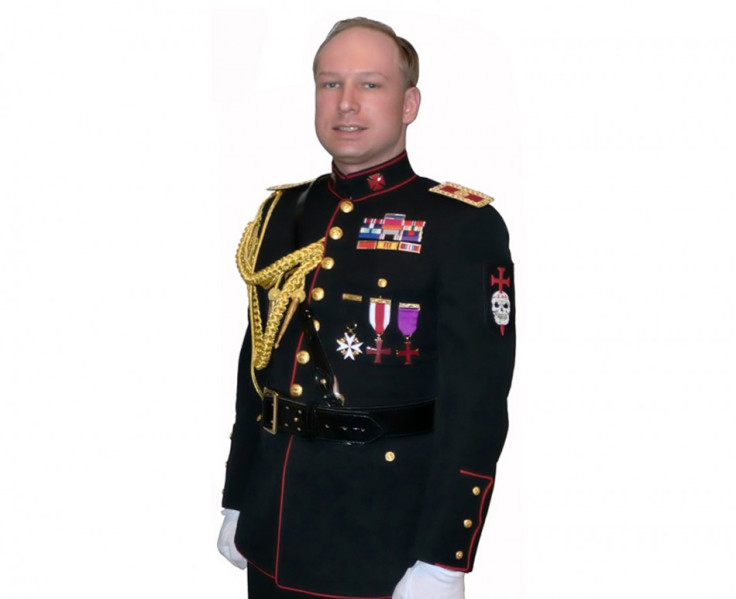Norway killings: A History of Far Right Violence

For the past three years Breivik was writing his manifesto, delivering his account of what Norway should be, feel and look like. Cultural and religious purity seems to have been at the forefront of his thought when he was preparing the deadly attack.
Clearly, he saw his country's political establishment as the real enemy. As much as Islamist fundamentalist have in the recent years carried out most of their attacks in Muslim countries and against Muslim people, Breivik was angered by the lack of "Christianism" of his fellow Norwegians.
He wanted a change in society, and from his perspective, he needed to force through a revolution."
"What most people still do not understand is that the on-going Islamicisation of Europe cannot be stopped before one gets to grip with the political doctrine which makes it possible," he wrote.
Discourses on immigration and its danger, and tales of an immigrant invasion have only led him to think that the real problem was what he saw as a government that was far too liberal. He slowly grew obsessed with the government and ultimately targeted young people who were attached to the ruling left-leaning Labour Party.
His lawyer said that "he had been politically active and found out himself that he did not succeed with usual political tools and so resorted to violence".
In his own chilling words, the killings were "atrocious but necessary".
One of the striking elements is the recurrent witness's accounts of a man that was terribly clam and focused.
His own tweets, paraphrasing the English philosopher John Stuart Mill, reflected his twisted belief "One person with a belief is equal to the force of 100,000 who have only interests."
As if it could justify such an act, his lawyer again said that "he wanted a change in society, and from his perspective, he needed to force through a revolution. He wished to attack society and the structure of society."
Judging from the pictures of Breivik dressed in a variety of uniforms and carrying automatic weapons, he had developed a strong fantasy as to who he was and saw himself as the protector of European Identity.
Terrorists attacks, unemployment and growing concern over immigration have fuelled a surge in debates surrounding multiculturalism and the need for a re-assertion of national identities.
Unsurprisingly, while mainstream political parties and governments have mainly used this rhetoric to justify tougher immigration policies, nationalist parties on the other hand have made important gains in many parts of Europe.
This idea of the dangerous foreigner, the absolute alien that could threaten Europe's identity and well-being created a very frightening image of the other and feeds into a paranoia.
While leaders such as David Cameron and Angela Markel have criticised multiculturalism and with countries like France and Belgium banning the burqa, it seems that unfortunately many did not think about the consequences of a lack, or fear of multiculturalism.
In Norway for example, political violence has been almost the sole preserve of neo-Nazis and other racist groups. During the 1970s they bombed left-wing bookstores and a May Day demonstration. In the '80s two neo-Nazis were executed because they were suspected of betraying the group and in the past two decades, two non-white Norwegian boys have died as a result of racist attacks. No foreign group has killed or hurt people on Norwegian territory since the Second World War, except for the Israeli security force Mossad, which targeted and killed an innocent man by mistake on Lillehammer in 1973.
For the last 10 years we have been told that terror only comes from the east and religious fundamentalism and its dangers were mostly associated with Islam while right wing extremism and racism was given more space to develop.
Some hours after the bomb blast, the Norwegian Prime Minister, Jens Stoltenberg, said that our answer to the attack should be more democracy and more openness and warned "you will not destroy democracy". While democracy is important one should keep in mind that it should put forward plurality and not purity.
© Copyright IBTimes 2024. All rights reserved.





